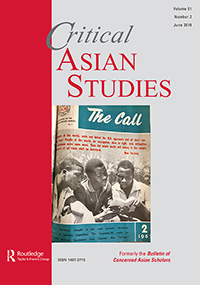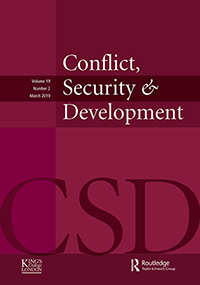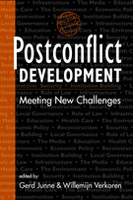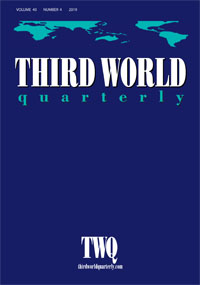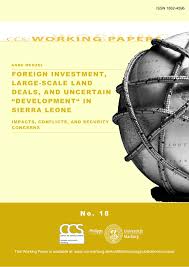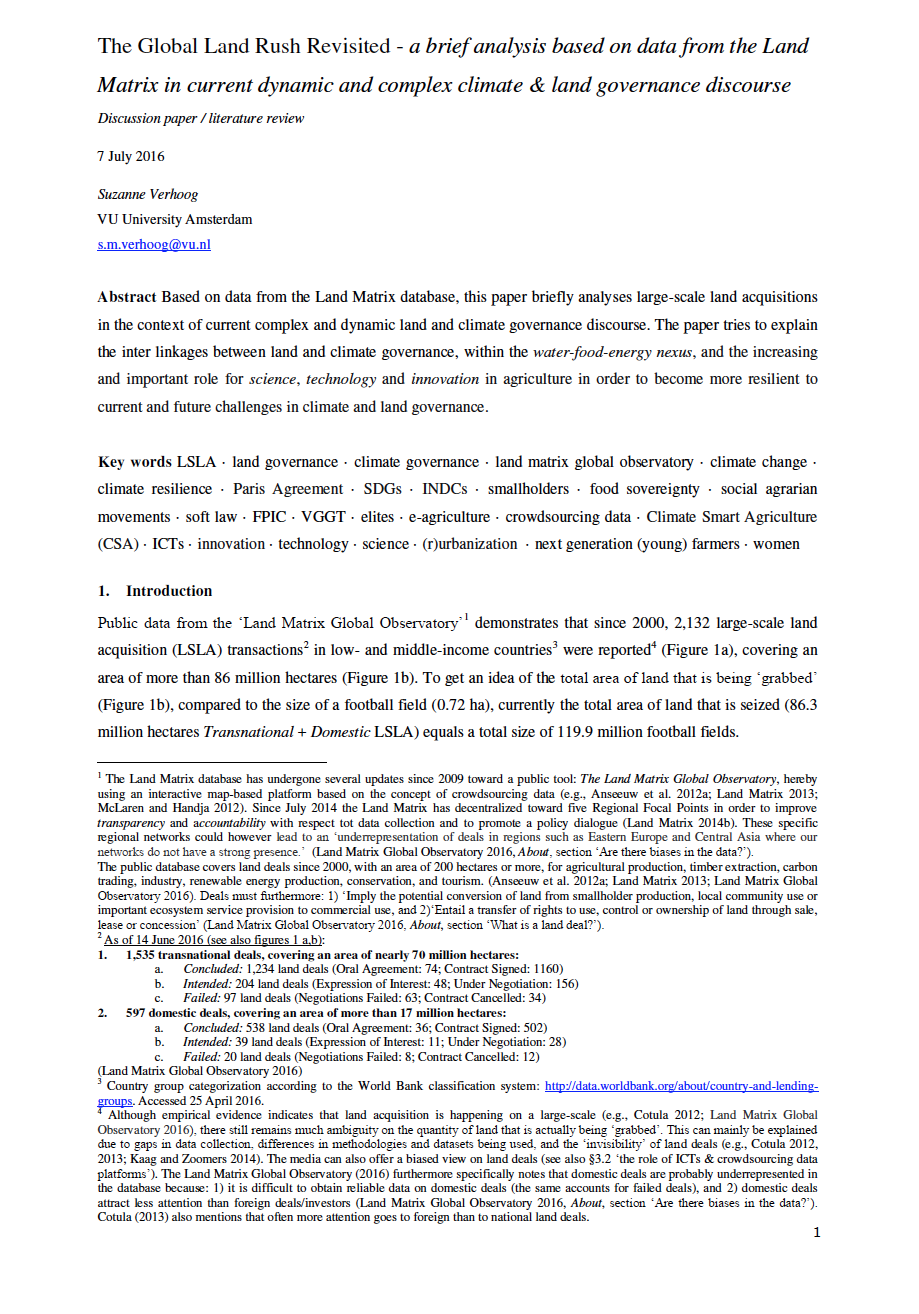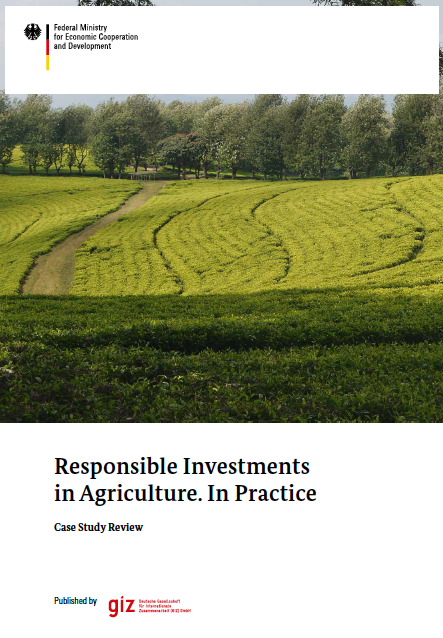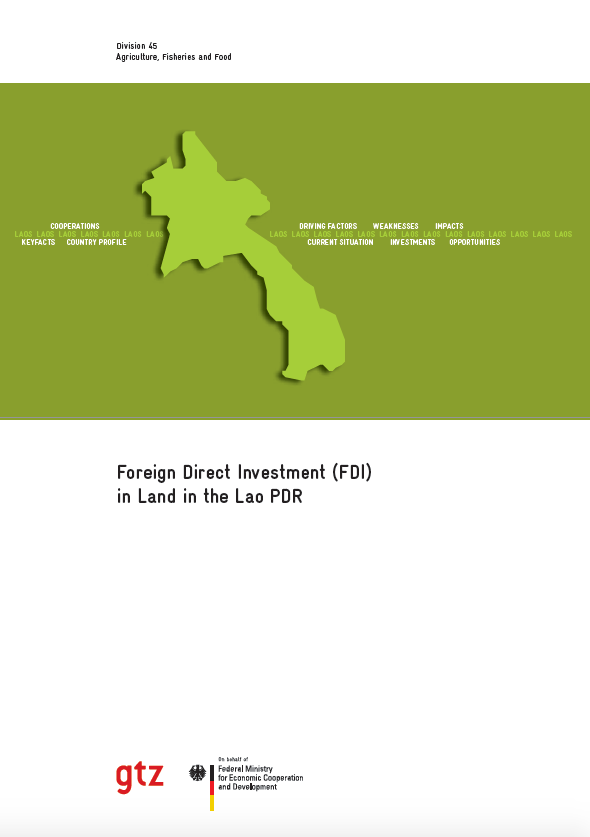The dark underbelly of land struggles: the instrumentalization of female activism and emotional resistance in Cambodia
Facing land grabs and eviction in the name of development, women worldwide increasingly join land rights struggles despite often deeply engrained images of female domesticity and conventional gender norms. Yet, the literature on female agency in the context of land struggles has remained largely underexplored. Based on extensive ethnographic fieldwork, my findings suggest that land rights activism in Cambodia has undergone a gendered re-framing process.

